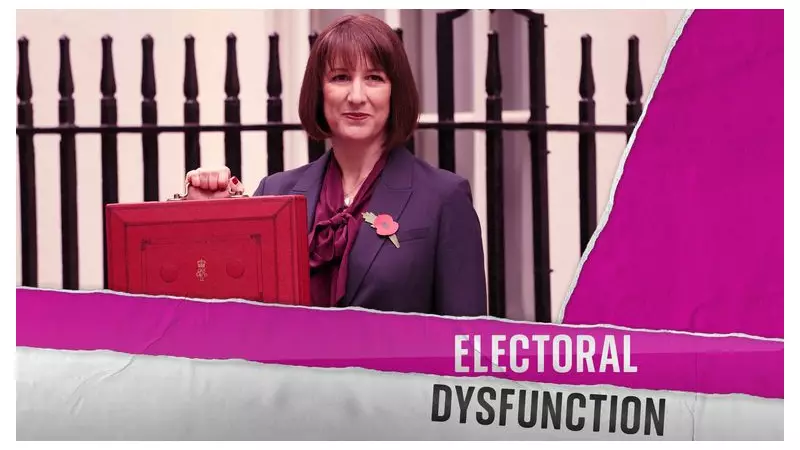
The government is facing a storm of criticism from Britain's most respected economic institutions over what experts are calling a "deplorable" approach to budget planning ahead of the next general election.
Fiscal Responsibility Thrown to the Wind
Paul Johnson, director of the influential Institute for Fiscal Studies (IFS), has launched a scathing attack on the Treasury's strategy, accusing ministers of making "essentially fake" fiscal rules that could severely damage public services and undermine economic credibility.
The criticism comes amid growing concern that both major political parties are preparing to implement spending cuts that would be "very, very difficult to deliver" in reality, while simultaneously making expensive tax cut promises to voters.
The Numbers Don't Add Up
According to the IFS analysis, the current government plans imply staggering cuts to many public services beyond March 2025. The respected think tank warns that unprotected departments could face budget reductions of up to 3.8% annually, creating an unsustainable situation for vital services.
"We could be in for some exceptionally tight public spending settlements," Johnson warned, highlighting the growing tension between political promises and economic reality.
Election Fever Driving Poor Decisions
With a general election looming, economic experts are sounding the alarm that short-term political calculations are overriding sensible long-term fiscal planning. The IFS director didn't mince words, describing the situation as "a terrible, no-good way to make policy."
The criticism extends beyond the current government, with Labour also coming under fire for failing to provide sufficient detail about their own economic plans, leaving voters "in the dark" about crucial financial decisions that will shape Britain's future.
The Credibility Gap Widens
Market analysts are watching the situation closely, concerned that the growing gap between political rhetoric and fiscal reality could damage the UK's economic credibility. The warning from the IFS carries significant weight in financial circles, where their assessments often influence market sentiment and investment decisions.
As both major parties prepare their election manifestos, the pressure is mounting to present credible, costed plans that don't sacrifice long-term economic stability for short-term political gain.





